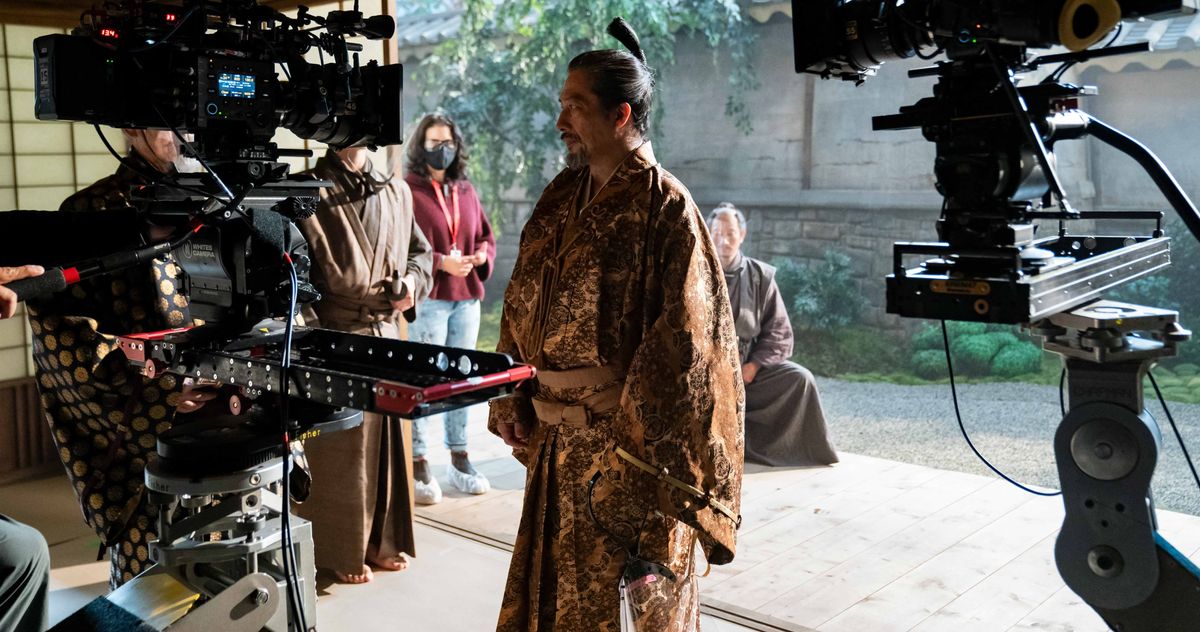
Title: A New Perspective on Shogun: The Trickster's Rise to Power
In the world of feudal Japan, where power and deceit go hand in hand, Lord Toranaga (Hiroyuki Sanada) of the Shogun series has proven himself a master manipulator. From his humble beginnings as a regent to his ultimate desire for rule, Toranaga's cunning strategies have shaped the course of history.
The recent retelling of James Clavell's epic novel on FX/Hulu brought the story into the 21st century with a production that significantly expanded and enhanced female roles, particularly Lady Mariko (Anna Sawai), whose acts of heroism and sacrifice played a pivotal part in shaping Toranaga's path to power.
Toranaga, known for his trickery, was described as such by his trusted vassal Lady Mariko at the beginning of the series. However, it wasn't until the Shogun finale that he revealed his true intentions: a desire to be Japan's shogun ruler.
The six-year production process for Shogun marked a significant milestone in Hiroyuki Sanada's career, granting him his first official producing credit after years of unofficial consultant work on Western projects set in premodern Japan. Sanada encouraged the hiring of a skilled crew with expertise in Japanese costuming, set design, hair and makeup, and stunts to ensure an authentic portrayal of feudal Japan.
Despite his eventual downfall at the hands of Ishido (Tadanobu Asano), Toranaga's impact on the story was undeniable. His cunning strategies, such as manipulating Lady Mariko and orchestrating a civil war, demonstrated his ability to outmaneuver even the most formidable opponents.
The Shogun finale saw Lord Toranaga's army abstaining from the battlefield, causing Ishido's downfall without a fight. This unexpected turn of events left many questioning whether Toranaga truly desired power or if he was content with manipulating events from behind the scenes.
Toranaga's story serves as a reminder that in feudal Japan, power and deceit were intertwined, and those who could navigate the complex web of alliances and betrayals would ultimately shape history. The recent retelling of Shogun on FX/Hulu brought this intriguing tale to life with stunning production values, captivating performances, and a fresh perspective on the classic story.
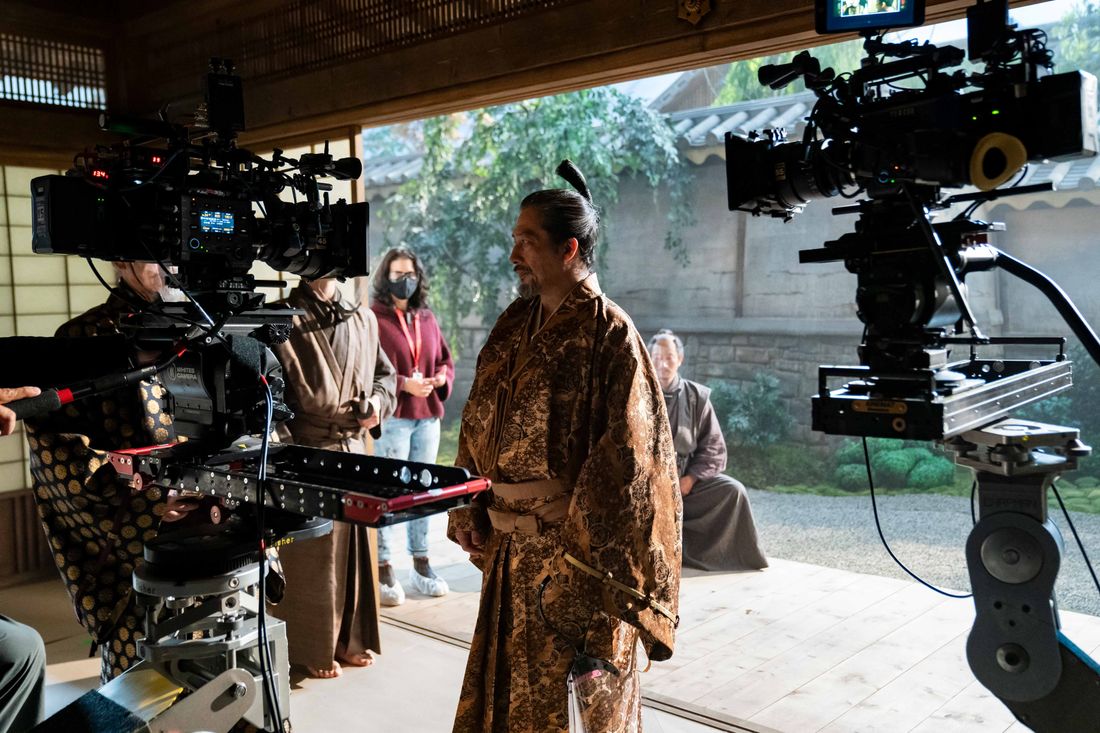
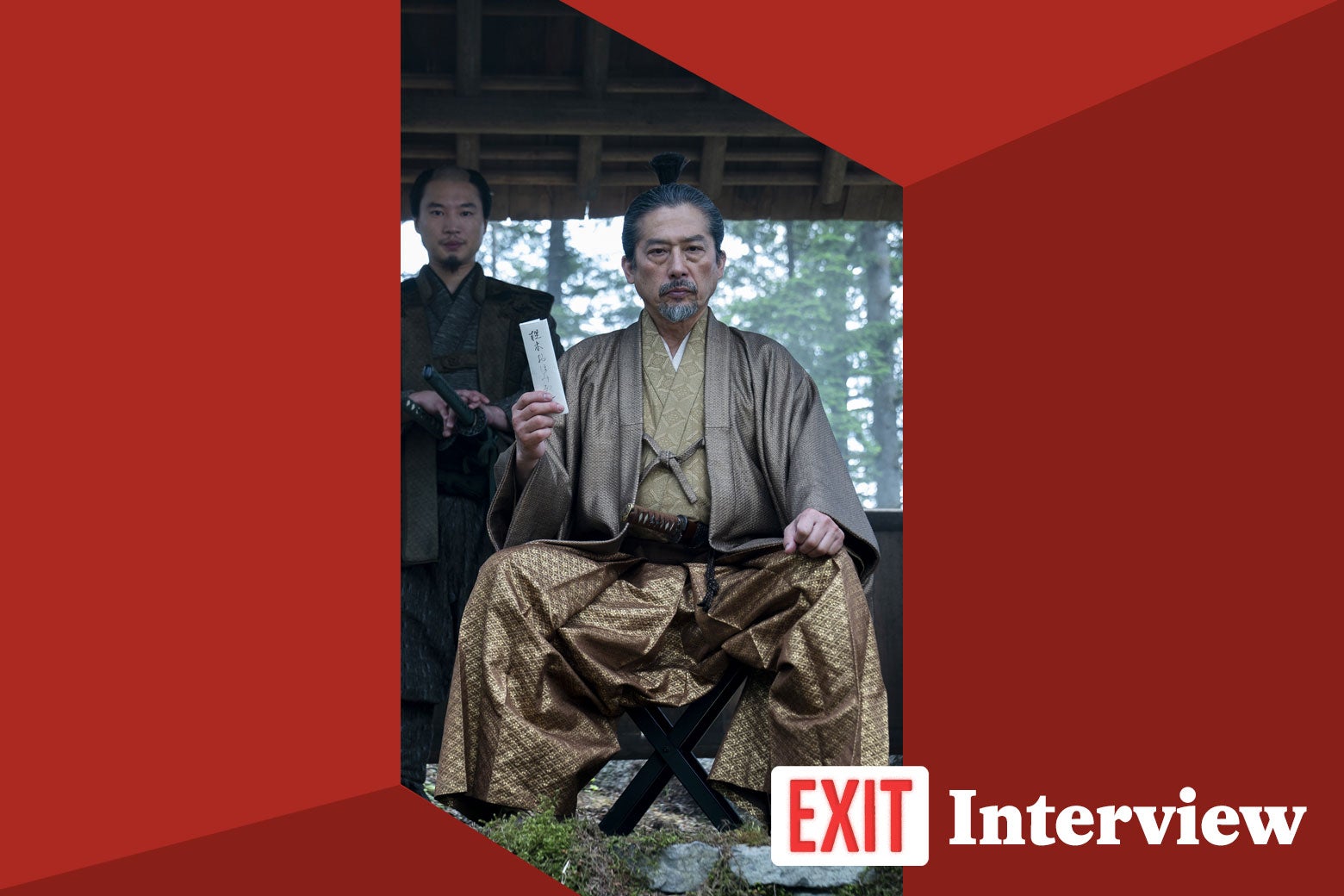
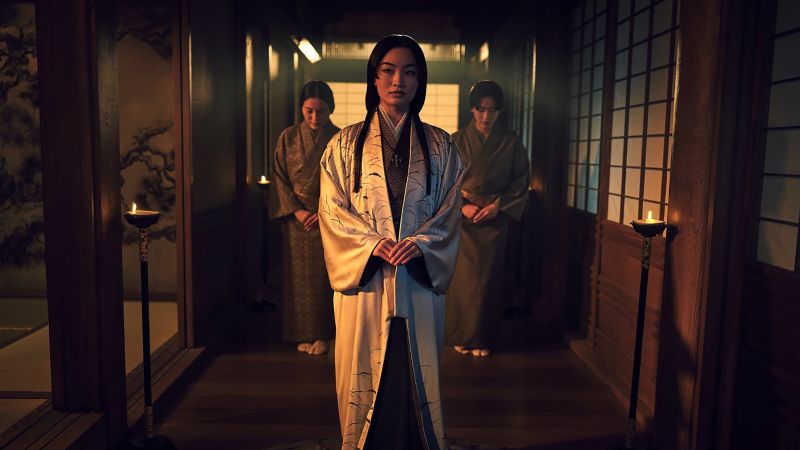
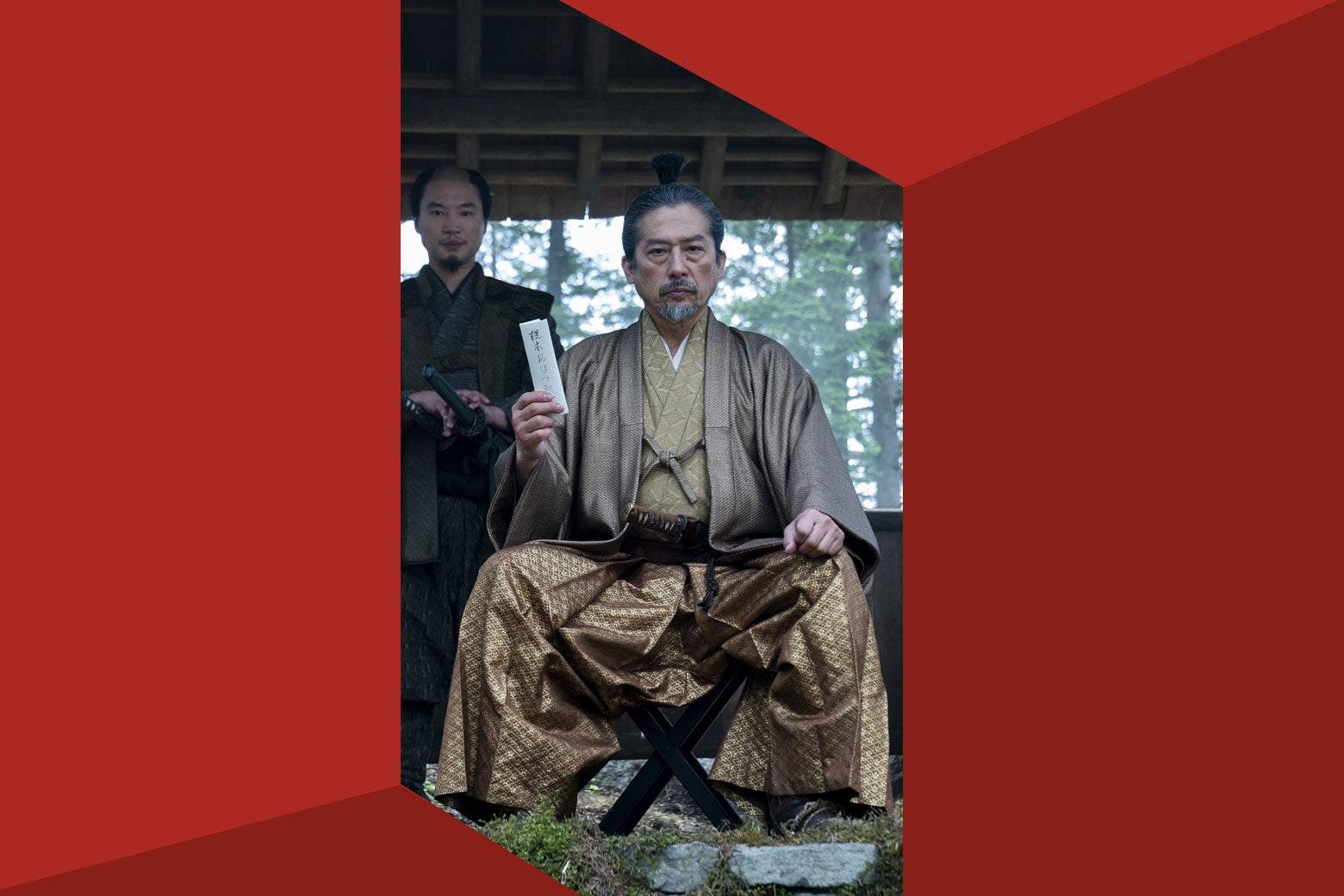
:no_upscale()/cdn.vox-cdn.com/uploads/chorus_asset/file/25414359/SHOGUN_110_13664r.jpg)
